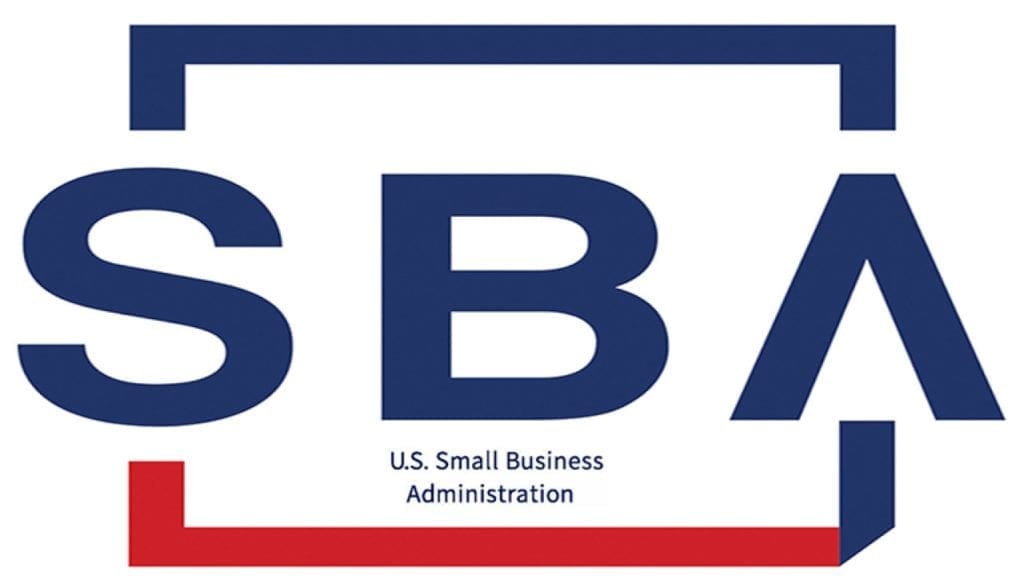
Why 9 out of 10 Startups Fail and How to Be the Exception
In the thrilling world of entrepreneurship, startup founders are often filled with ambition, hoping to be the next Apple, Amazon, or Tesla. Yet, the harsh reality is that the vast majority of startups don’t even get close. Various studies suggest that up to 90% of startups fail within the first few years. Why does this happen? More importantly, how can you navigate these pitfalls and emerge as the exception?
1. The Common Reasons for Startup Failures:
- Lack of Market Need: Many startups build a product that they think the market needs without substantial validation. If your solution isn’t solving a significant problem, there’s no reason for consumers to buy or invest.
- Run Out of Cash: Poor financial management or overly optimistic spending can quickly deplete funds. Startups often underestimate how much capital they need or overestimate how quickly they will turn a profit.
- Not the Right Team: A cohesive team with complementary skills is crucial. Discord, poor leadership, or skill gaps can derail even the most promising startups.
- Strong Competition: Entering a market with heavy competition without a clear differentiator can lead to an early exit.
- Pricing Issues: Incorrectly pricing a product too high or too low can drastically affect sales and profitability.
- Poor Product Quality: If the core product isn’t up to standard, no amount of marketing can save it.
- Lack of Flexibility: The inability to adapt to feedback or changing market conditions can be fatal.
2. Strategies to Be the Exception:
 Validated Learning: Before investing heavily, validate your business idea. This might mean creating a minimum viable product (MVP), conducting surveys, or using other lean startup techniques.
Validated Learning: Before investing heavily, validate your business idea. This might mean creating a minimum viable product (MVP), conducting surveys, or using other lean startup techniques.- Financial Prudence: Monitor your burn rate. Consider bootstrapping or seeking external funding only when necessary. Always have a clear financial runway and backup plans.
- Build a Balanced Team: Surround yourself with a team that complements your weaknesses. Diversity in skills and thought can be your biggest asset.
- Unique Value Proposition (UVP): Clearly define what makes your product or service unique. If you’re entering a saturated market, ensure you have a compelling differentiator.
- Feedback Loop: Constantly seek feedback from customers, advisors, and peers. More importantly, be prepared to act on it.
- Mentorship: Connect with mentors who’ve been through the startup journey. Their insights can save you from making common mistakes.
- Pivot When Necessary: If something isn’t working, don’t be afraid to pivot. Some of today’s biggest companies, like Slack or Twitter, started as entirely different projects.
While the world of startups is fraught with challenges, understanding the common pitfalls and strategically maneuvering can significantly increase your chances of success. It requires a mix of perseverance, adaptability, and a keen ear to the ground. Remember, every major company today was once a startup that defied the odds. Why shouldn’t yours be the next?
Three Pillars of Every Successful Business – And a Simple Solutions That Ties Them Together
Success is no accident. While innovation and adaptability play significant roles, there are fundamental principles that consistently manifest in flourishing businesses. Let’s delve into these three pillars of success and uncover how an answering service can become an essential tool in fortifying them.
1.  Exceptional Customer Service: Successful businesses understand that at the heart of every transaction, partnership, or deal is a human connection. Prioritizing customer experience isn’t just good ethics; it’s smart business. Happy customers become brand advocates, leading to organic growth and referrals.
Exceptional Customer Service: Successful businesses understand that at the heart of every transaction, partnership, or deal is a human connection. Prioritizing customer experience isn’t just good ethics; it’s smart business. Happy customers become brand advocates, leading to organic growth and referrals.
How an Answering Service Helps: In today’s 24/7 world, customers expect prompt responses. An answering service ensures that no call goes unanswered, allowing businesses to address concerns, answer queries, and provide timely support, solidifying a reputation for excellent customer service.
2. Efficient Operations: Streamlined operations reduce waste, improve productivity, and ensure that resources are utilized effectively. Successful businesses consistently evaluate and optimize their processes to ensure they’re running as efficiently as possible.
How an Answering Service Helps: Managing phone calls can be disruptive, especially for small teams or during peak operational hours. By outsourcing this task to an answering service, businesses can ensure that their primary operations remain undisturbed, while still maintaining open communication lines with their clientele.
3. Seizing Opportunities: Opportunity doesn’t always knock twice. Successful businesses are always on the lookout for new avenues for growth, be it partnerships, sales leads, or innovative ideas. They have an innate ability to identify and capitalize on opportunities that others might miss.
How an Answering Service Solution Helps: Every call is a potential opportunity – a new client, a significant order, or valuable feedback. An answering service ensures that businesses never miss out on these chances. It captures every call, ensuring that potential leads or crucial information aren’t lost simply because no one was available to pick up the phone.
While success in the business realm is multifaceted, these three pillars – exceptional customer service, efficient operations, and the ability to seize opportunities – consistently stand out. An answering service, often overlooked, seamlessly integrates with these pillars, propelling businesses towards sustainable success. In a world brimming with competition, such tools that maximize opportunities and foster connections can be the differentiator between businesses that merely survive and those that truly thrive.
 Validated Learning: Before investing heavily, validate your business idea. This might mean creating a minimum viable product (MVP), conducting surveys, or using other lean startup techniques.
Validated Learning: Before investing heavily, validate your business idea. This might mean creating a minimum viable product (MVP), conducting surveys, or using other lean startup techniques.